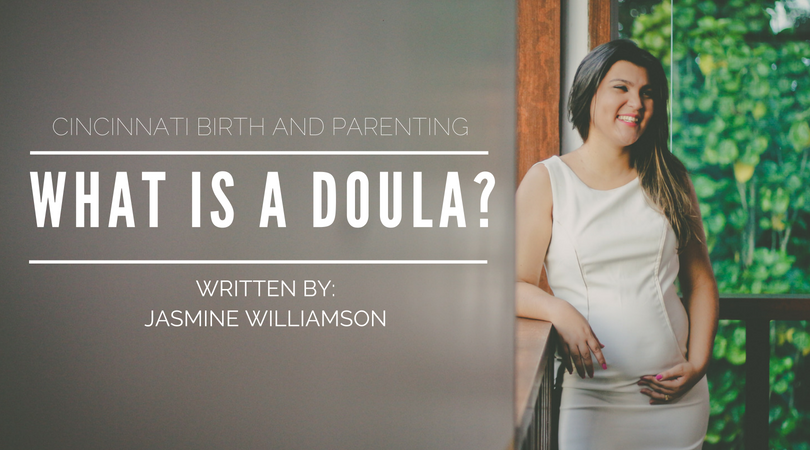WHAT IS A DOULA?The word Doula comes from Greek, meaning woman-servant; the term was originally used to refer to a woman, typically a family member or friend, who assisted another woman during labor and birth. The practice of women helping other women in labor is as old as humanity and crosses cultures far and wide, because it is intuitive. With advancements in modern medicine and a switch to a primarily medical-model of birth, especially in Western society, the practice of having female friends and kinfolk attending births has gone by the wayside. Nowadays, you can’t just bring six of your closest gal pals, your aunt, your mom, and grandma Ethel into the maternity ward with you and call them doulas. If you are birthing in a hospital, there are restrictions for who and how many people are allowed in the delivery room. And even if not in-hospital, most women are no longer keen on a communal birth, because that’s just not what we are used to in our modern lives. However, there is a middle-ground between an attendance of strictly medical personnel or a gaggle of your aunts. The compromise is hiring a person whose job it is to be both proficient and comforting to join you for the momentous event of giving birth. That person is a professional doula. The word doula has changed to generally refer to a professional support person who assists people during delicate transitions in their lives. The most widely known type of doula is a labor or birth doula, but there are also doulas for other major life transitions such as: postpartum, antepartum (for high risk pregnancies), abortion, miscarriage, adoption, and death. At the core of every doula’s practice is compassion. Their purpose is to give care. They are there for their clients emotionally and physically: teaching, coaching, calming, soothing, listening, and even advocating for their clients if needed. While doulas are very well-educated in the medical aspects of their chosen specialties, they are not medical professionals. They will not give medical advice or practice medicine in any way. However, they will help you understand medical information if you need it, and they may help you communicate with medical staff if you want them to. They are by your side to fill in the gaps between the medical staff and your loved ones. Doctors, nurses, and midwives provide you medical care, your family and friends offer you their love as always, and a doula builds a bridge between these two worlds with knowledge, empathy, consistency, and strength. What many people don’t know is that a doula is not there only to support the person going through the transitional life event, but also to support the partner and family of that person. A birth doula spends much of their time encouraging birth partners and giving them tools to help the laboring mother. Many birth partners feel overwhelmed if they have never been by the side of a laboring woman before, and they sometimes feel helpless while seeing their partner in discomfort or pain that they can’t “fix”. Doulas help give the birth partner confidence in their ability to support as well. That may be as simple as some encouraging words, or it could be suggesting how to massage their laboring partner, recommending they help their laboring partner change positions, or reminding them to hydrate and take care of themselves as well. It can be easy to feel at a loss as a birth partner, but a doula acts as an anchor in a storm, grounding all involved so they don’t feel so out of control. A doula does not replace a birth partner, but rather complements them to create a solid support team which is the best scaffolding for a positive birth experience.
0 Comments
Leave a Reply. |
Who are we?Cincinnati Birth and Parenting, LLC was founded by Molly Murray, a birth and postpartum doula and childbirth educator. Through this growing company, Molly connects parents with information, resources, and support while also staying committed to building up fellow professionals and connecting them with the people who need their services most. Archives
April 2020
Categories |


 RSS Feed
RSS Feed
